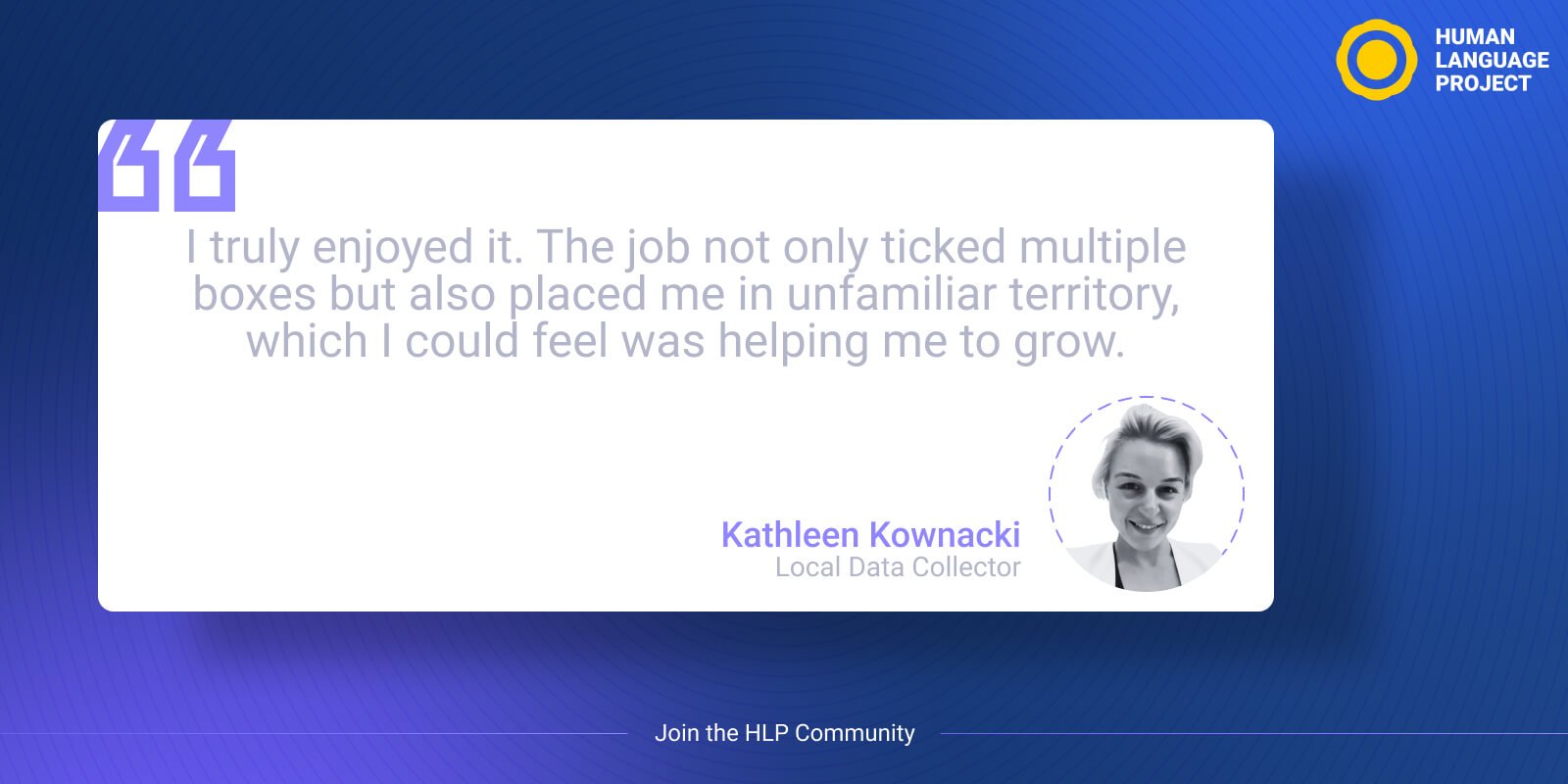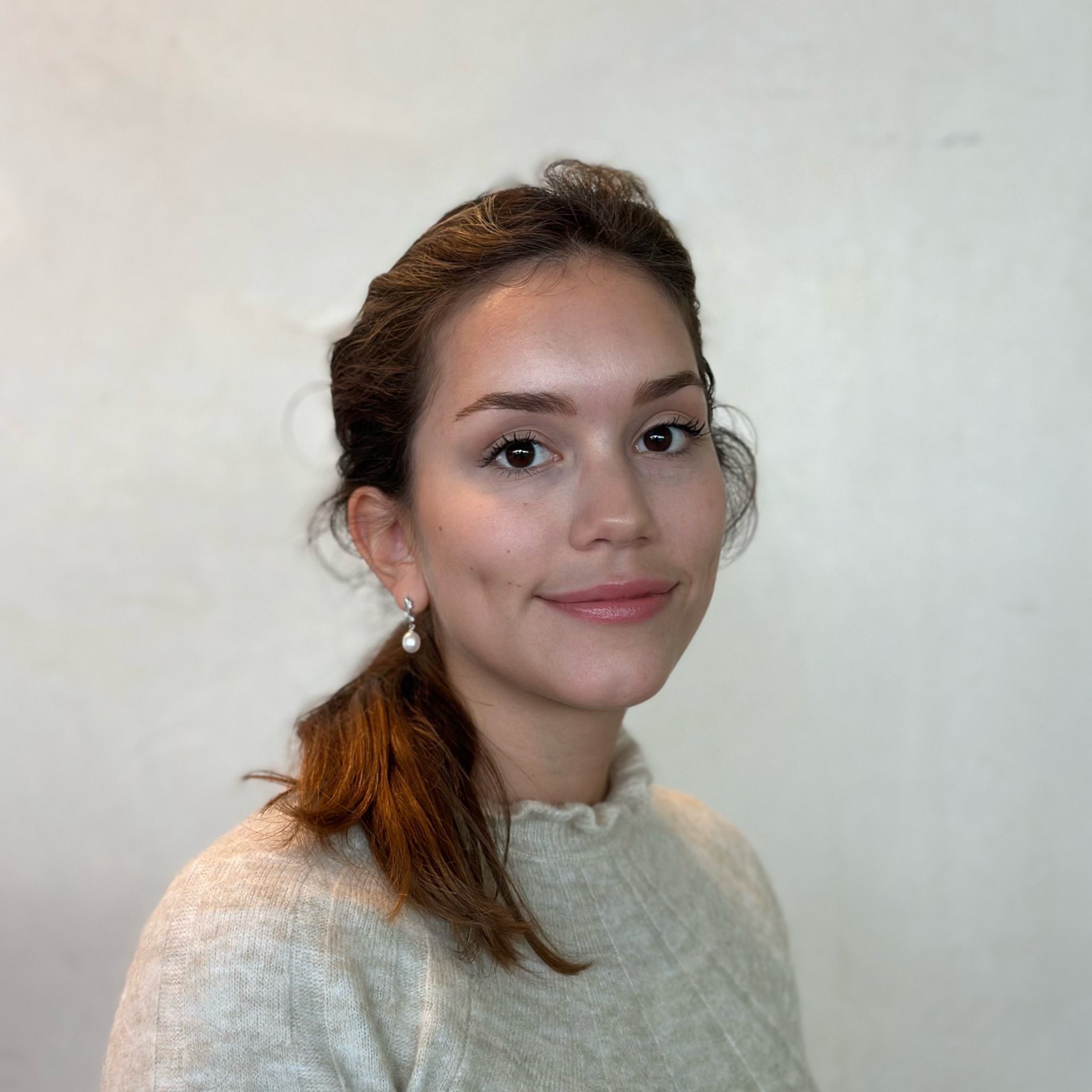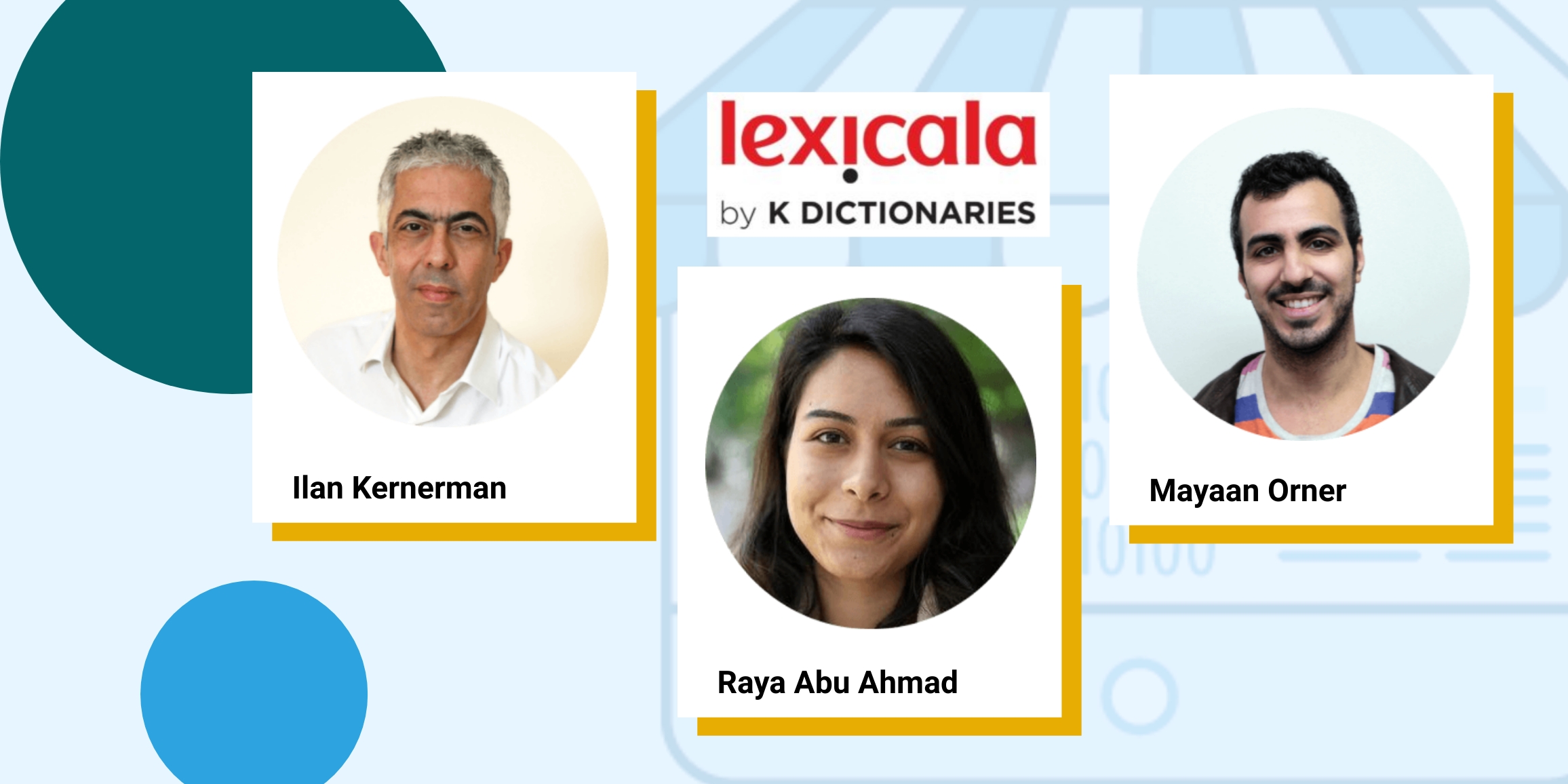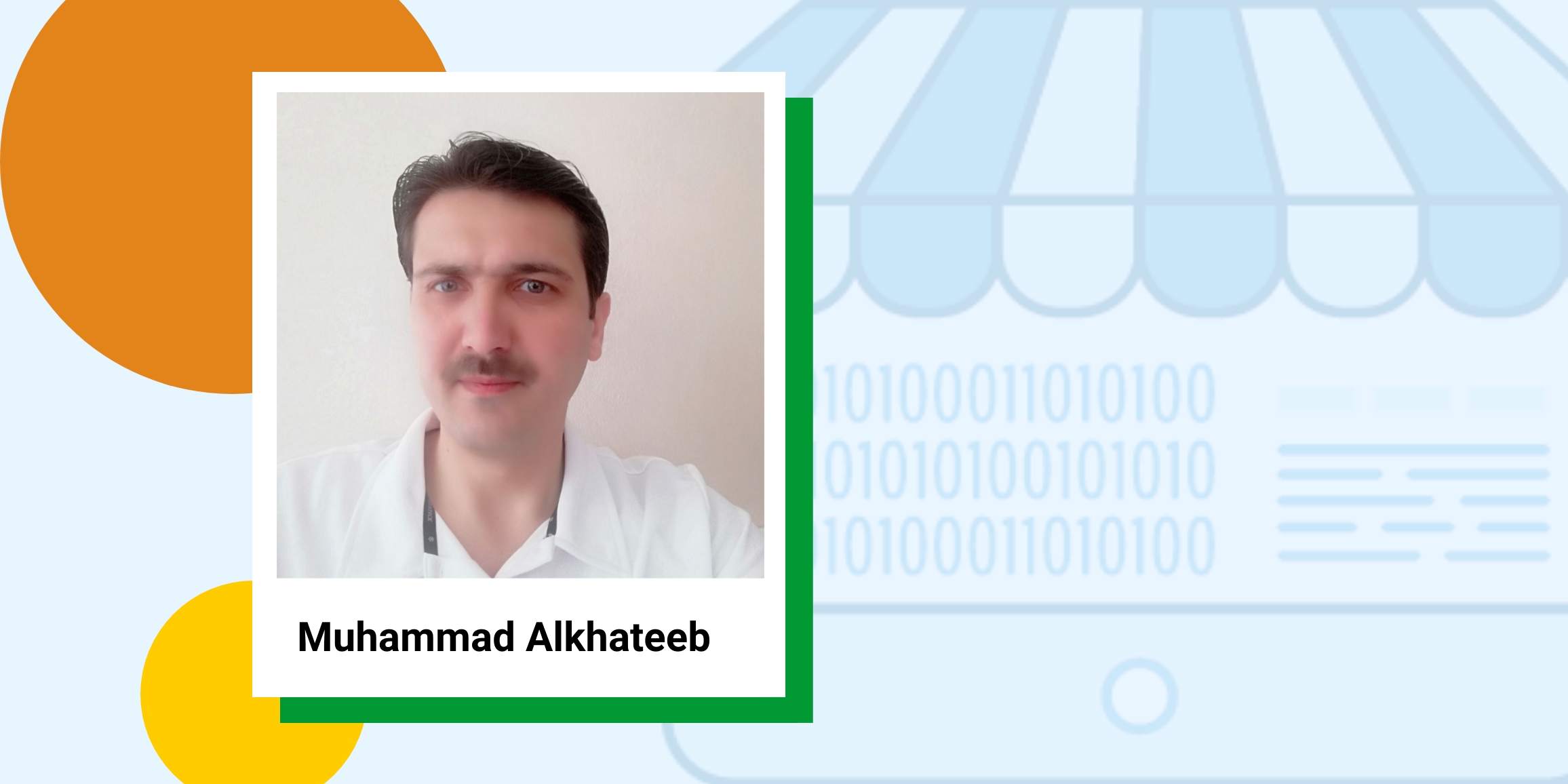Human Language Project contributes to the digital representation of Igbo
09/08/2023
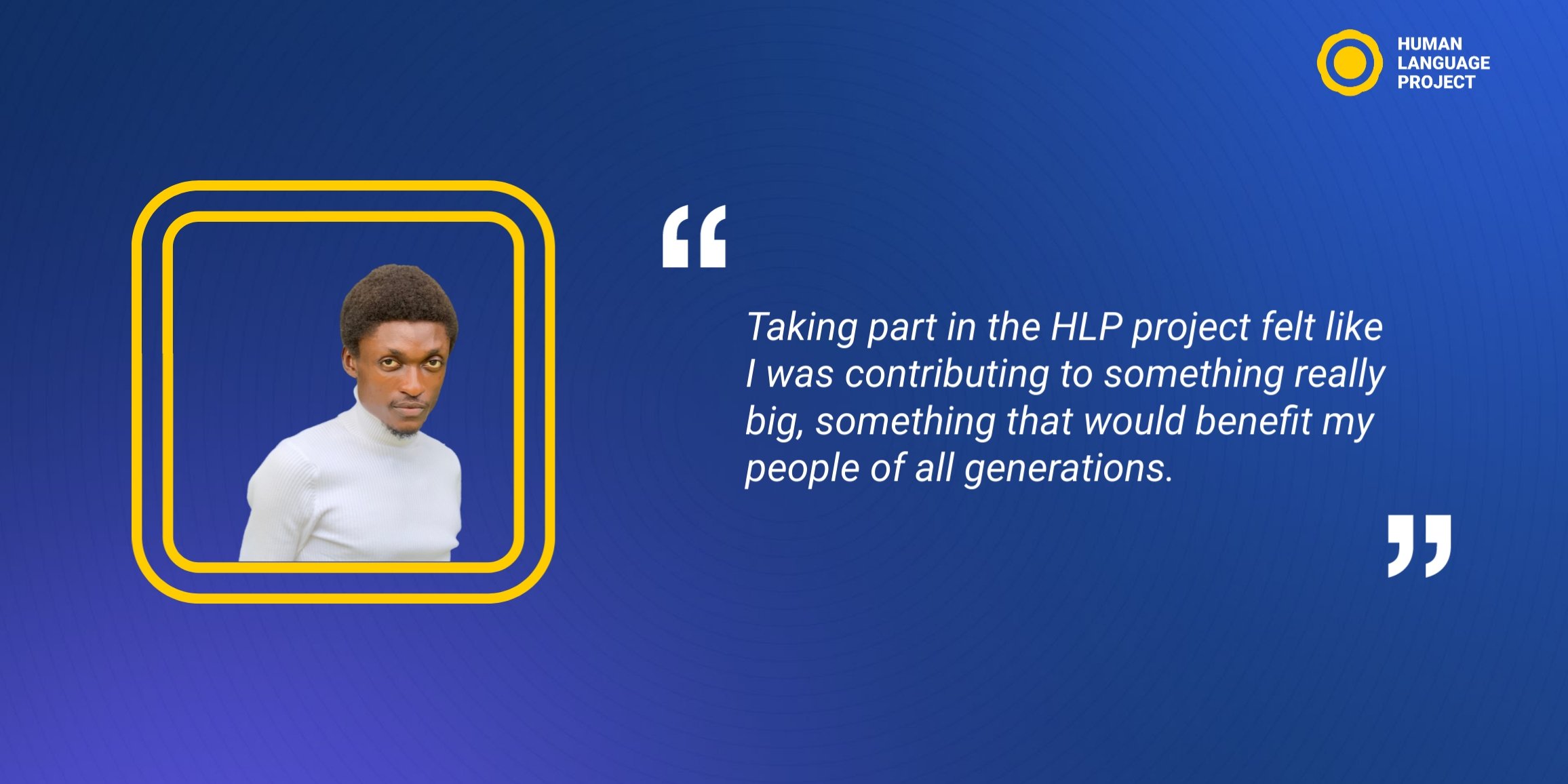
Participation in the language data projects offered by the Human Language Project leads to new professional opportunities.
Author
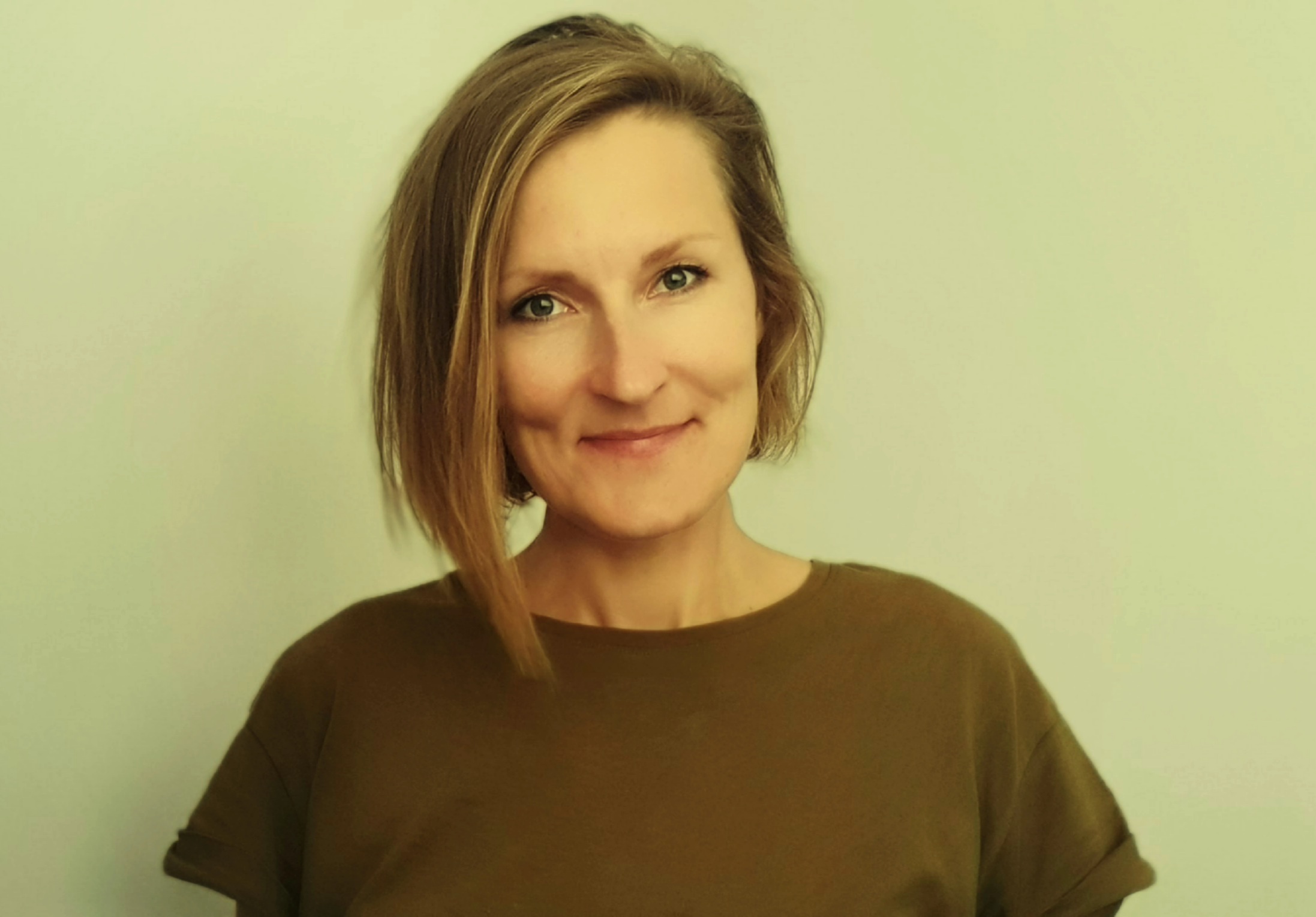
Dace is a product and operations management professional with 15+ years of experience in the localization industry. Over the past 7 years, she has taken on various roles at TAUS ranging from account management to product and operations management. Since 2020 she is a member of the Executive Team and leads the strategic planning and business operations of a team of 20+ employees. She holds a Bachelor’s degree in Translation and Interpreting and a Master’s degree in Social and Cultural Anthropology.
Related Articles
16/10/2023
Interview with Kathleen Kownacki: Bridging Language Divides as a Local Data Collector.
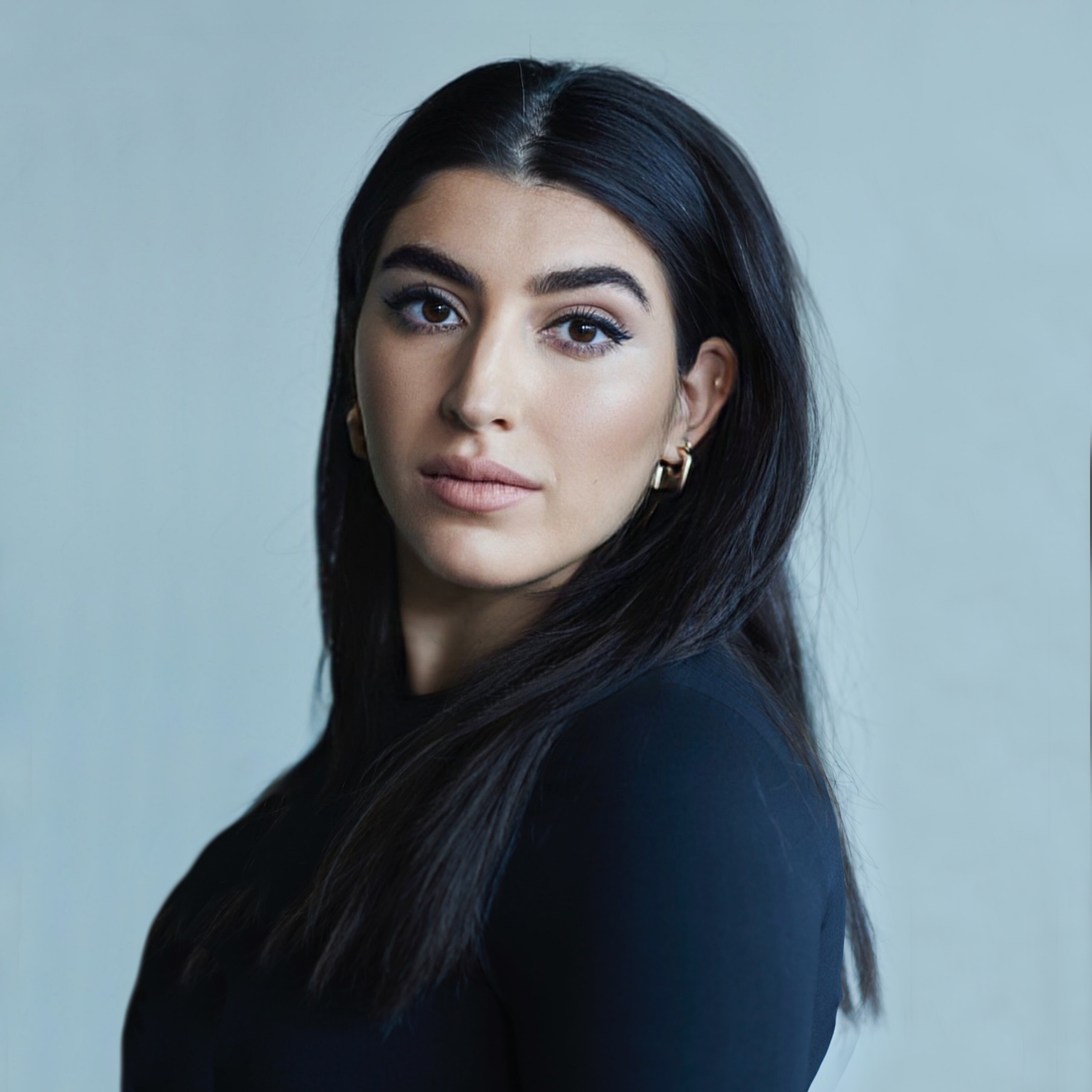 by Şölen Aslan
by Şölen Aslan14/09/2021
Lexicala has emerged from the publishing world, as a provider of quality lexicographic content for leading dictionary publishers worldwide, and joined the TAUS Data Marketplace as a language data seller.
 by Şölen Aslan
by Şölen Aslan14/05/2021
See how a medical doctor trying to break the linguistic monoculture in academia as a student ended up creating a dataset of medical glossaries and translation memories that brings about a 90% BLEU score improvement for the English and Arabic language pair.
